Saint Louis University
St. Louis, MO
St. Louis, MO
St. Louis, MO
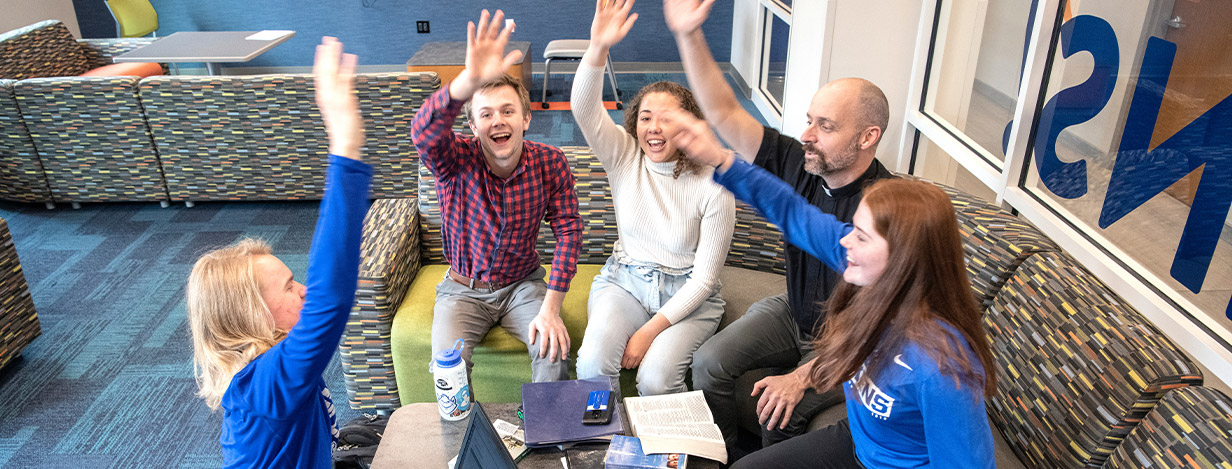
Higher purpose, greater good
Saint Louis University is a Catholic, Jesuit institution that values academic excellence, life-changing research, compassionate health care, and a strong commitment to faith and service.
A comprehensive, doctoral degree–granting institution with high research activity, SLU is ranked among the top 100 national universities by U.S. News & World Report. Founded in1818, the University fosters the intellectual and character development of nearly 13,000 students. As we enter our third century, Saint Louis University continues to move forward with an unwavering commitment to serve a higher purpose while seeking a greater good.
With nearly 90 undergraduate programs and more than 100 graduate and professional programs, students from all 50 states and 78 countries travel to SLU to pursue a top-notch education in a broad range of studies.
All of SLU’s undergraduate majorsare direct entry, including programs in Business, Education, Engineering, Nursing, Occupational Therapy, and Physical Therapy. Competitive scholars programs offer highly qualified students early notification of acceptance to SLU’s graduate and professional programs in Accounting, Communication Sciences and Disorders, Law, Medicine, and Physician Assistant. Many programs also offer accelerated bachelor’s-to-master’s tracks, which allow students to complete a graduate degree with only one additional year of coursework.
Graduate ready for your career in health care
Saint Louis University has a dedicated college for health sciences—the Doisy College for Health Sciences, named for the Nobel Prize–winning SLU professor who discovered vitamin K—but you’ll also find health-related careers in schools across campus. As a Health Sciences major at SLU, you’ll practice your skills in someof the best hospitals and clinical sites available. Our health care programs take you from the classroom into high-tech learning labs and straight into contact with real patients and health care situations as an undergraduate student. And you’ll get hands-on experience from day one. With a 9:1 student-faculty ratio, you’ll enjoy clinical and internship opportunities tailored to your career goals.
Why study health care in St. Louis?
With some of the best-ranked hospitals in the country and the state, the St. Louis region is a fantastic place to start your career in health care. The St. Louis Regional Chamber says, “Over the past decade, the health care industry has outperformed total regional employment and is an ever-growing force in the St. Louis regional economy.” The top employers for Saint Louis University graduates include BJC Healthcare, SSM Health, Mercy Hospital, and more.
Students majoring in health care–related fields choose from hundreds of clinical sites around the region, working with all kinds of patient populations—including within SLU’s own physician practice, SLUCare, which conducts more than 400,000 outpatient visits annually. Want to get hands-on experience closer to home over the summer? SLU’s close network of nearly 130,000 living alumni as well as relationships built by our world-class faculty mean our students are connected with hands-on clinical experiences nationwide.
Beyond the classroom
SLU offers students something rare in higher education: the opportunity to study at a place where academic achievement and scientific advancement unite with a commitment to community. Ninety-nine percent of tenured and tenure-track faculty members hold the highest degree in their field. SLU students get to do morethan just attend class—they collaborate with premier scholars and researchers and conduct research that will transform their disciplines and the lives of others.
Around the world, SLU students are putting their education into practice. Six months after graduation, 94% of our graduates are working, volunteering, or attending graduate or professional school. SLU encourages its students and graduates to broaden their community boundaries and explore, and it offers opportunities for them to do so.
The University expanded internationally in 1967 by establishing a campus in Madrid, Spain. It was the first US university to be recognized by Madrid’s Ministry of Education as an institution of higher education in the province. SLU-Madrid offers a complete range of undergraduate programs as well as two graduate degrees. The Madrid campus is home to more than 800 students from over 50 countries.
Looking to the future
Saint Louis University enters its thirdcentury with a clear vision—and serious momentum. The creation of the Saint Louis University Research Institute, along with construction of a state-of-the-art Interdisciplinary Science and Engineering Building, will give students and faculty the tools they need to continue to make world-changing discoveries. A new SSM Health Saint Louis University Hospital will keep SLU on the leading edge of health care innovation, and the most ambitious fundraising campaign in SLU’s history will help propel SLU even further.
Midtown St. Louis is experiencing a major transformation too, and SLU is in the middle of it all, working with developers and community partners to thoughtfully shape the future of the region through projects like Prospect Yards, the Armory, City Foundry STL, Chouteau Greenway, and more.
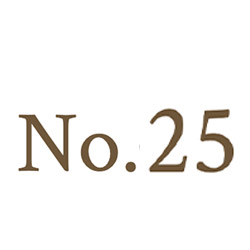 |
Ranked #25 among schools "Most Engaged in Community Service" | The Princeton Review, 2023 |
 |
Ranked #6 among the top Catholic colleges in the country | Wall Street Journal/Times Higher Education, 2022 |
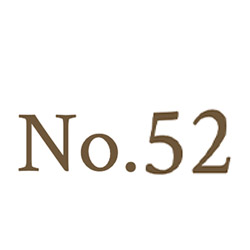 |
Ranked #52 among “Best Value Schools” | U.S. News & World Report, 2024 |
 |
Ranked #39 on the "Most Trusted Brands Report: Universities" | Morning Consult Pro, 2022 |
 |
Named among the top 25 universities for study abroad participation | Institute of International Education, 2021 |
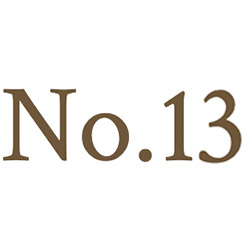 |
Ranked the #13 college in the "Green Power Partner" program among colleges and universities in the US | Environmental Protection Agency, 2022 |
Location: St. Louis, Missouri
Size: 8,072 undergraduate students
Gender: 60% female, 40% male
Geographic diversity: 50 states and 78 countries represented
Student-faculty ratio: 9:1
Average class size: 27 students
Faculty excellence: 99% of full-time tenured faculty hold terminal degrees.
Student involvement: More than 170 organizations to join
Athletics: SLU competes in 18 NCAA Division I sports and is a member of the Atlantic 10 Conference.
Greek life: 23 fraternities and sororities
Jesuits: 50 Jesuits teach, study, and minister at SLU.
Service: The Princeton Review ranks SLU #2 in the United States for community service engagement.
Visit Opportunities
At Saint Louis University, students are in the center of everything. SLU’s campus in Midtown St. Louis stretches across more than 271 acres. Students and visitors alike appreciate the beauty and unique community in the middle of a bustling city.
A variety of visit programs are offered throughout the year to meet your needs. For dates, descriptions, and registration, go to slu.edu/visit.
Personalized visits
Customize your visit to fit your needs. Come back and take a deeper look at areas that interest you. You can supplement your admission presentation and campus tour with other opportunities such as an admission interview, an academic or student services meeting, or even a chat with a Jesuit. You can also experience the life of a Billiken firsthand by shadowing a current student in classes and staying overnight in a residence hall.
Come see us!
We are excited to show you around SLU! Get a taste of campus and schedule your visit at slu.edu/visit, or email visitslu@slu.edu. Can’t make it to campus? Get a preview of what you’ll find by searching “virtual tour” at slu.edu.
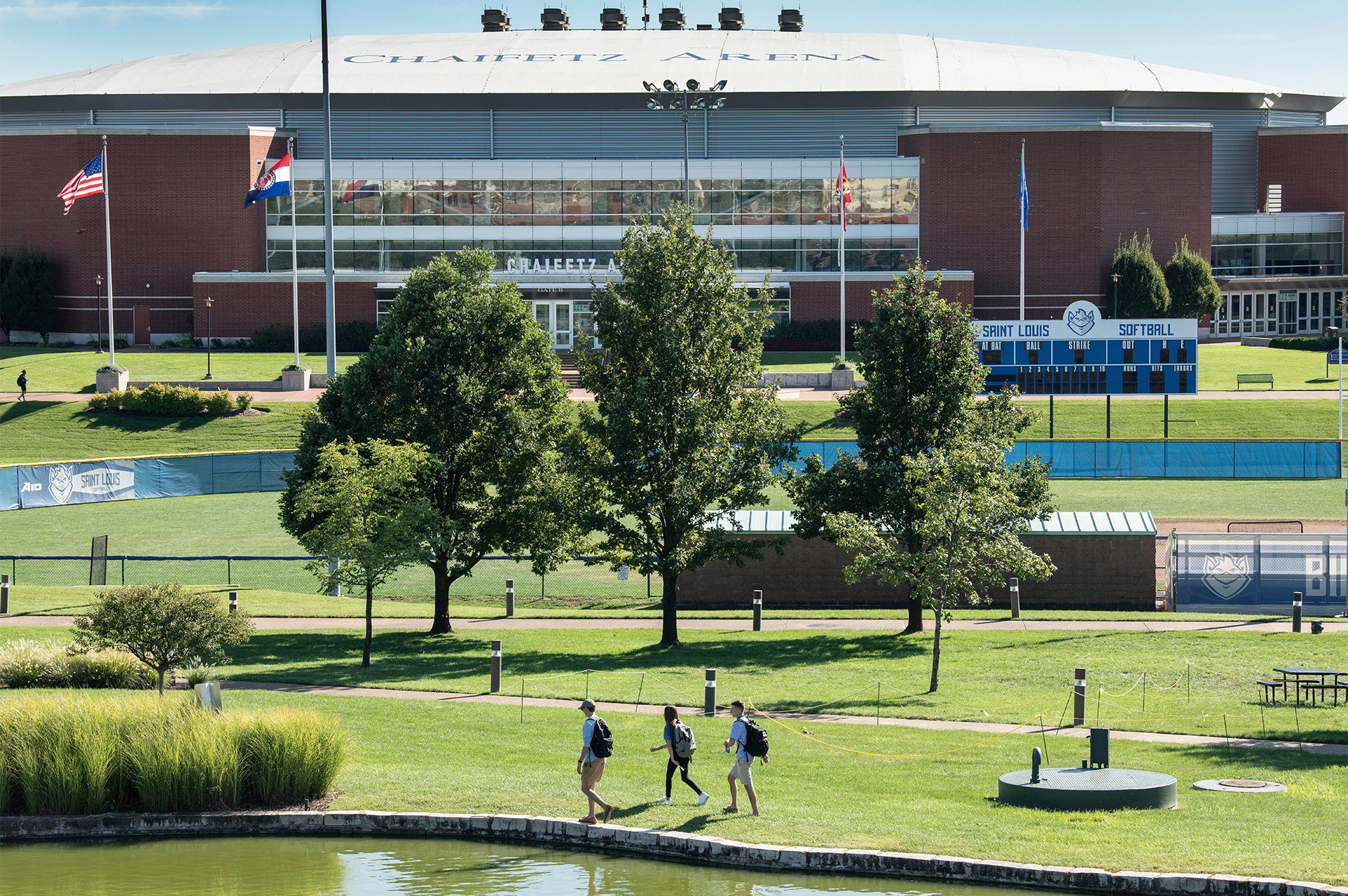
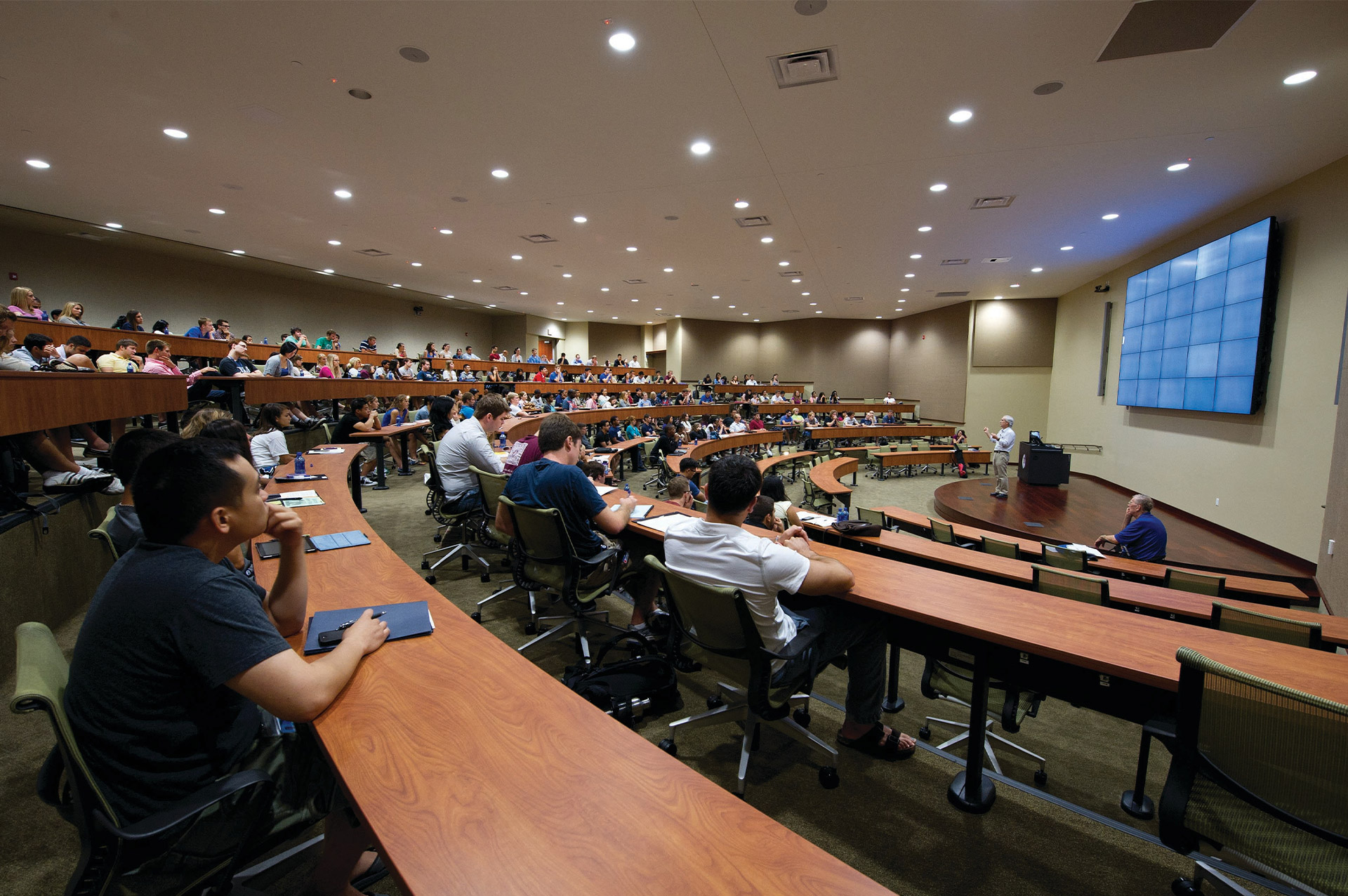
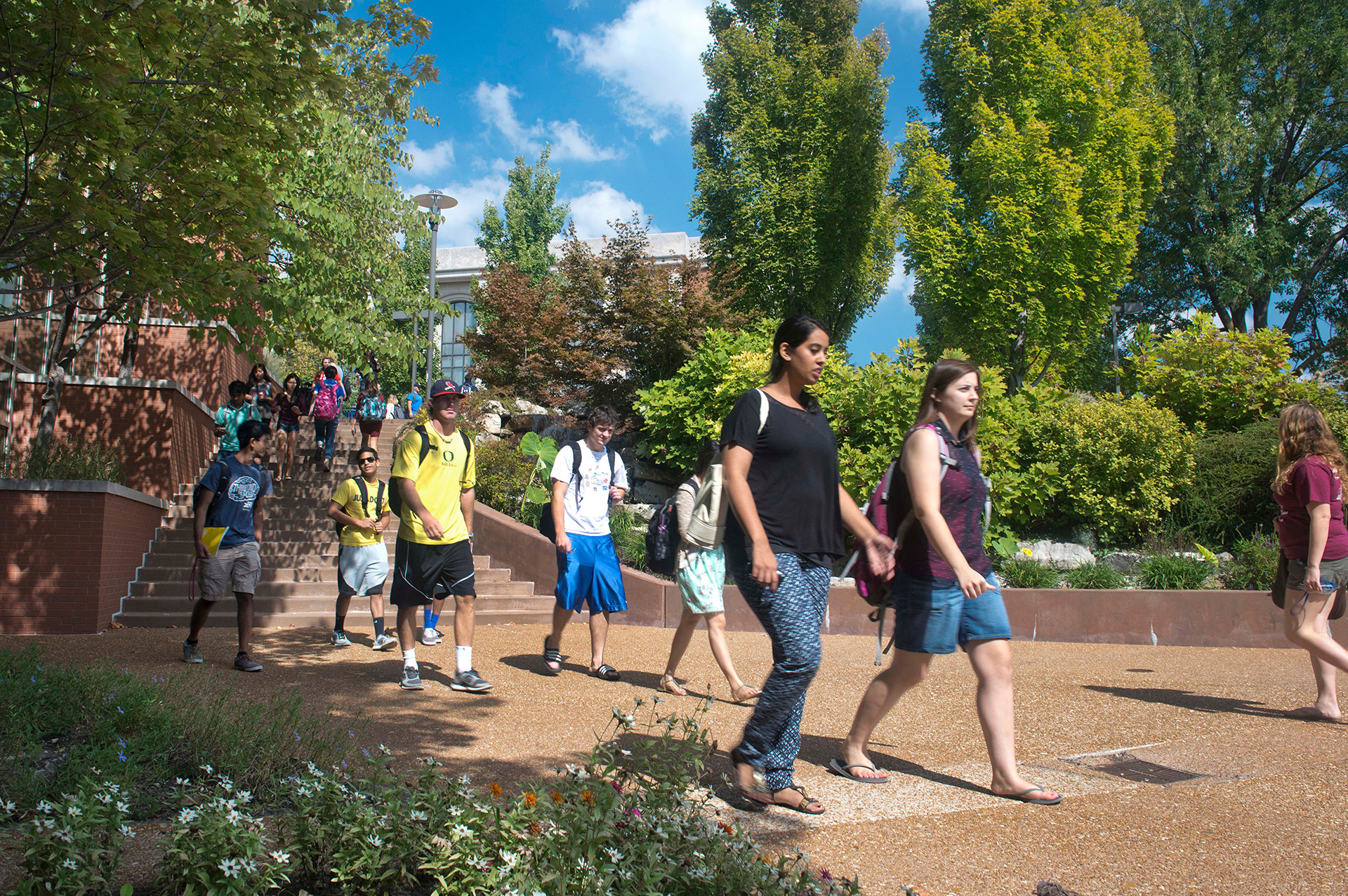
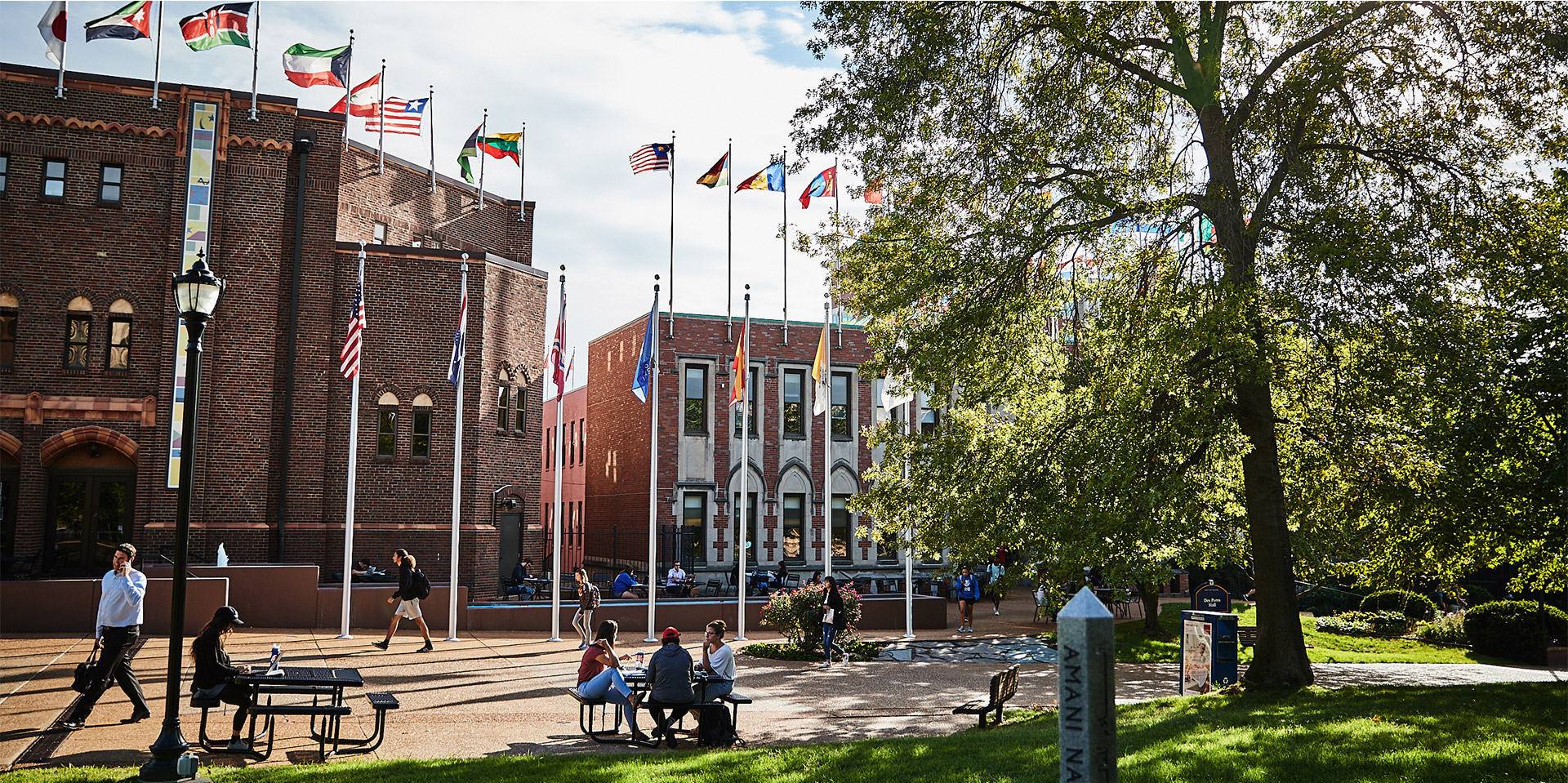
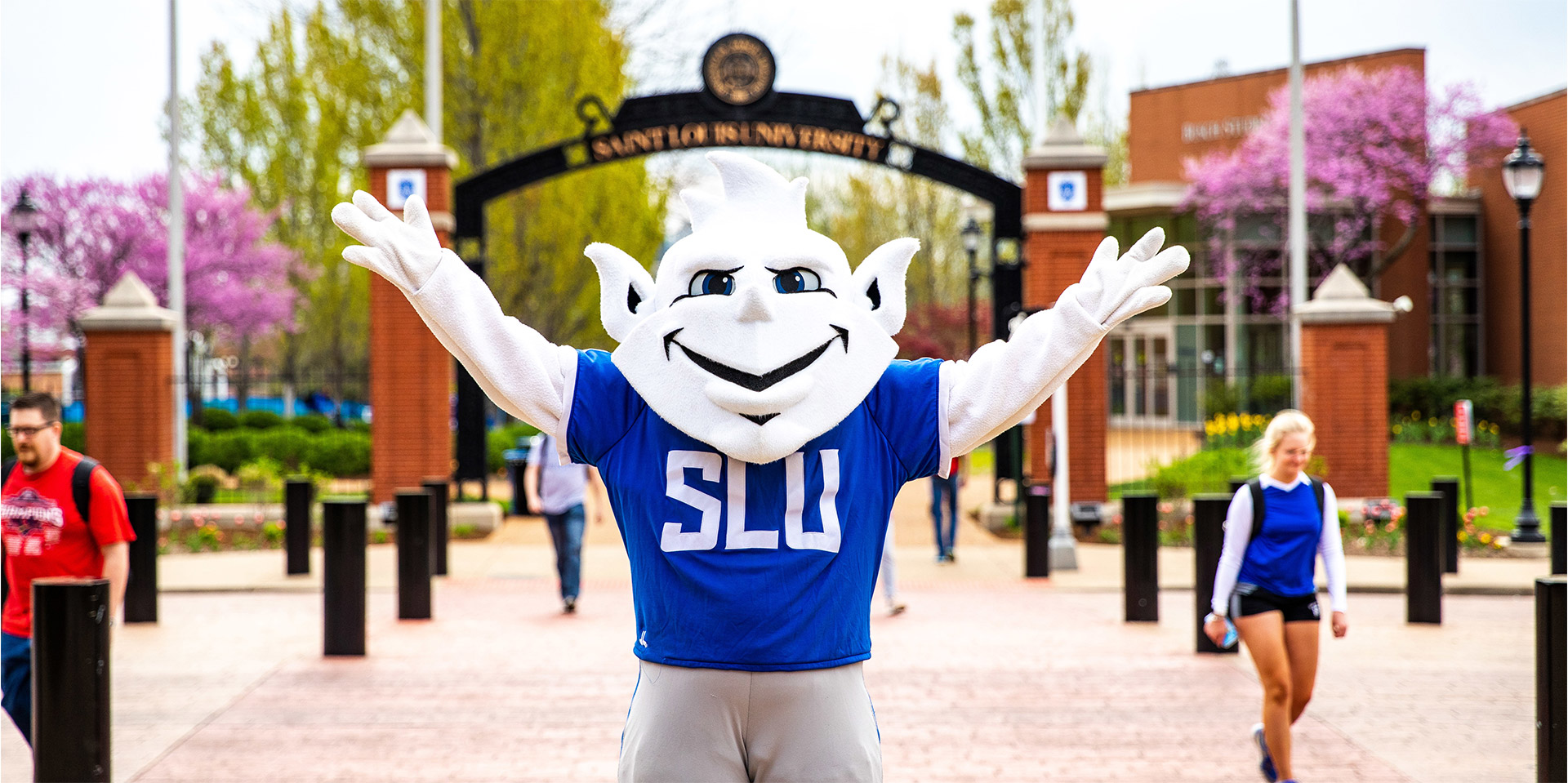
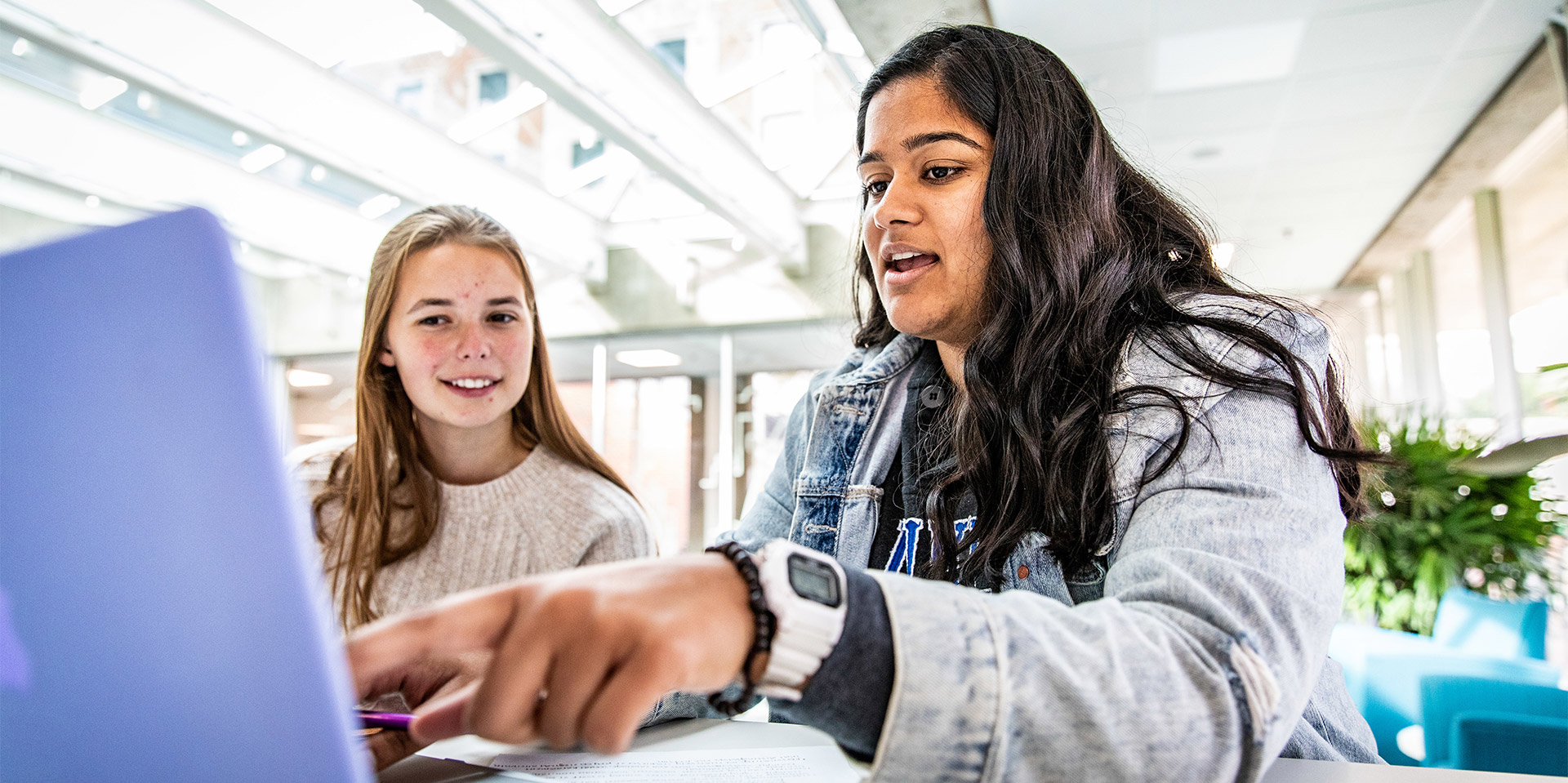
“Junior and senior year are all hands-on clinical experiences as well as experiences in the kitchen. Everything you learn in class, you put it to work.”